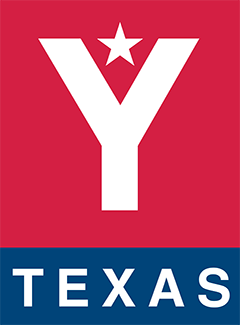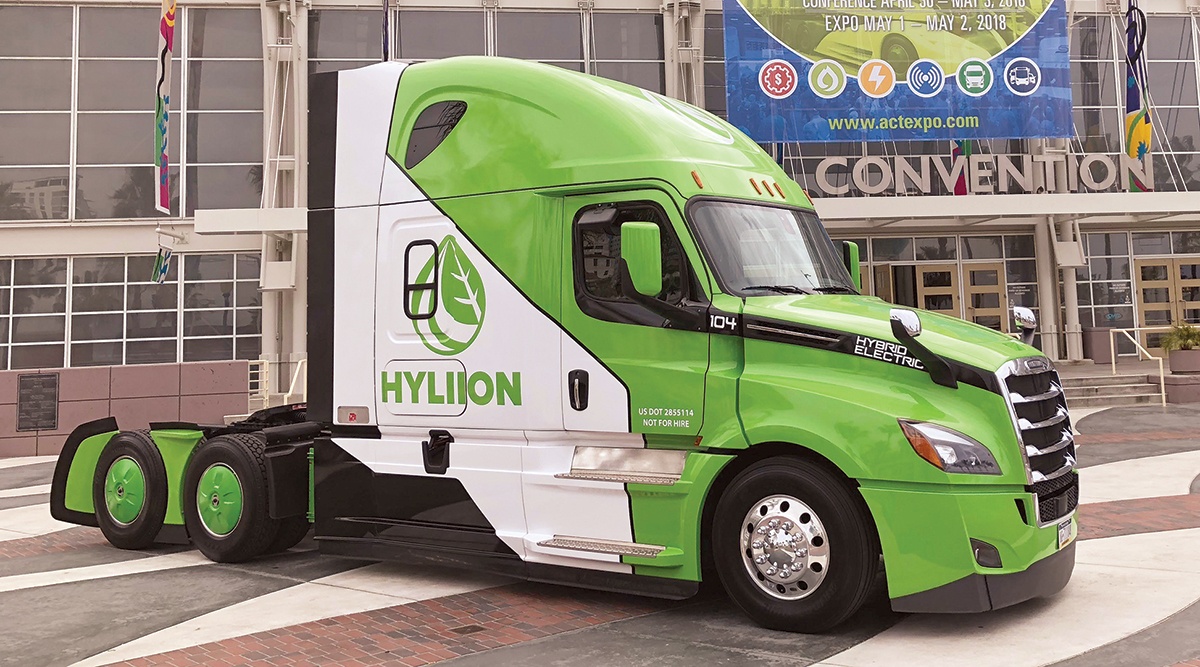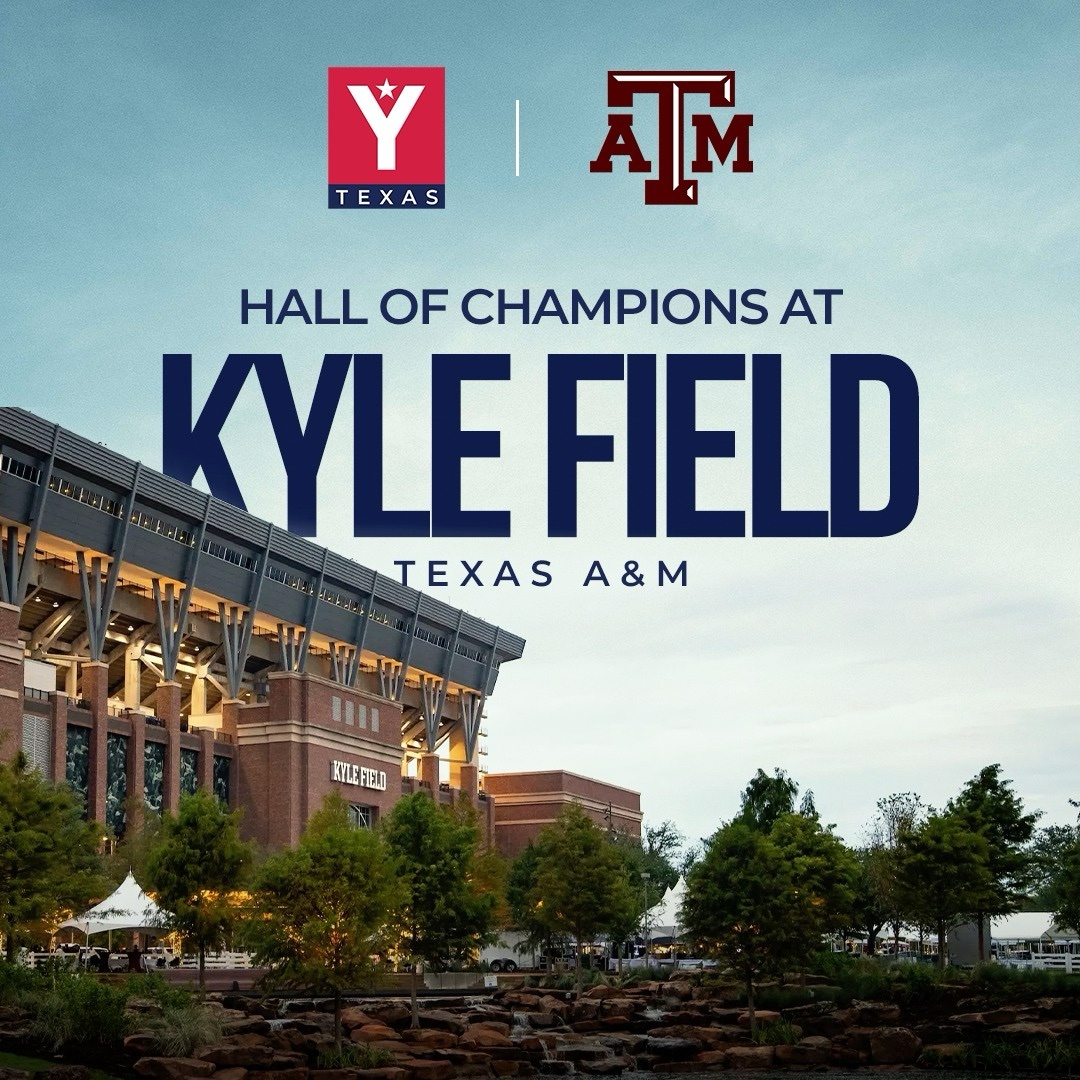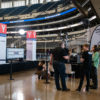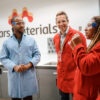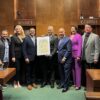By Jeff Bounds, Editor – YTexas
April 7, 2021
Tesla’s planned Austin factory is one of several private sector initiatives in Texas to run more devices with electricity.
Though electric vehicle maker Tesla may get more attention, several companies based in Texas are looking to that form of power to run various areas of cars and trucks.
Speaking at YTexas’ March 25 virtual event, The Tesla Effect, Hyliion Holdings Corp. (NYSE:HYLN) CEO Thomas Healy said his company is developing powertrains that use onboard generation of electricity to help propel commercial trucks.
Powertrains encompass components that convert an engine’s power into movement, including the transmission and axles, according to the vehicle news site whichcar. Hyliion is targeting long-haul Class 8 commercial vehicles, meaning most 18-wheel big rigs.
“Our approach is utilizing natural gas, refueling the truck and then producing the electricity locally on the vehicle,” said Healy, whose company recently became public. “What we found in most instances is we can produce the electricity locally on the truck for cheaper and greener than you can get electricity off the grid.”
Healy moved the business from Pittsburgh, Pa. to Cedar Park a few years ago because the company could not find enough capable people with experience working in startups.
“We considered the Silicon Valley approach of moving to California. Honestly, what we found was we were going to need to raise probably two to three times the amount of capital … We’ve been able to tap into some of the family offices here in Texas. Through our journey we’ve raised $750 million in financing to scale and grow Hyliion.”
Later this year Hyliion will roll out demonstration trucks with their powertrains inside chassis from Denton’s Peterbilt Motors Co.
More efficient motors
In the area of Alliance Airport in Fort Worth, Linear Labs is building a large factory to produce what Founder and CEO Brad Hunstable said will be electric motors that produce more than twice the torque, or force that produces rotation, for the same size, weight and input energy, with greater efficiency across the full speed range.
Among other things, producing more torque at low speed means cars that could have 10 to 20 percent more range while weighing less, or heating, ventilation and air conditioning systems that require significantly less electricity and space.
“We believe we have invented the first new class of electric machines in probably 100 years,” Hunstable said at the Tesla event. “I think if the physics continue to pan out as they are, then this class of motors and generators is really going to bring forth another level of smarter energy utilization.”
Texas infrastructure
As vehicles and other machinery increasingly go electric, building out the infrastructure to support them will require a coalition of federal, state and local governments, industry, nonprofits and academia, according to Jeff Decoux of Austin’s Autonomy Institute.
The organization supports deployment of autonomous systems, such as cars, trucks, shuttles and drones.
“We have not seen an infrastructure build-out of this magnitude since the interstate highway system,” Decoux said at the YTexas event. “The Department of Energy has identified that we were not expecting an additional 40 percent of demand on the electric grid just three years ago. But because of Tesla and their success, we are now speeding much faster into that electric world.”
Texas is poised to lead the shift to the next version of commerce, Decoux said.
“What we’re about to experience with Industry 4.0 is bridging the digital world and physical world,” he said. “Our state has that in spades.”
As companies like Tesla come to Texas, the state’s universities will face a challenge in supporting them through workforce development and research, according to Brint Ryan, Founder, Chairman and CEO of Ryan LLC, the presenting sponsor of the YTexas event.
“I think we’re up to the challenge,” Ryan said. “The legislature more than a decade ago made a real commitment to bringing our universities up to tier one research standards. All of them have made incredible progress in this area.”

